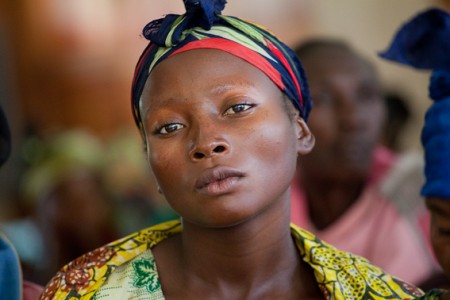
Last Sunday, 17 October 2010, over 1,700 women marched through the city of Bukavu in the strife-torn eastern region of the Democratic Republic of Congo (DRC) to protest against the prevalent sexual violence against their gender.
Margot Wallstrom, the UN Special Representative on Sexual Violence in Conflict, calls the DRC the “rape capital of the world” and estimates that 35,000 women have been raped there since January of this year alone. With neither the Congolese army, nor the UN troops seemingly willing or able to guarantee public safety, the organizers of the march decided to take their demands to the public arena, hoping to draw international attention to the plight of Congolese women.
Since fighting broke out in 1998, a horrendous number of girls and women have been raped in the DRC, and it is estimated that there are as many as 200,000 surviving rape victims living in the country today. Unfortunately, the scale of rapes and sexual violence has not diminished in the last years. On the contrary: the illegal, yet highly lucrative exploitation of natural resources in the DRC has attracted increasing numbers of militias into the region, all of which are using rape as a weapon of war.




